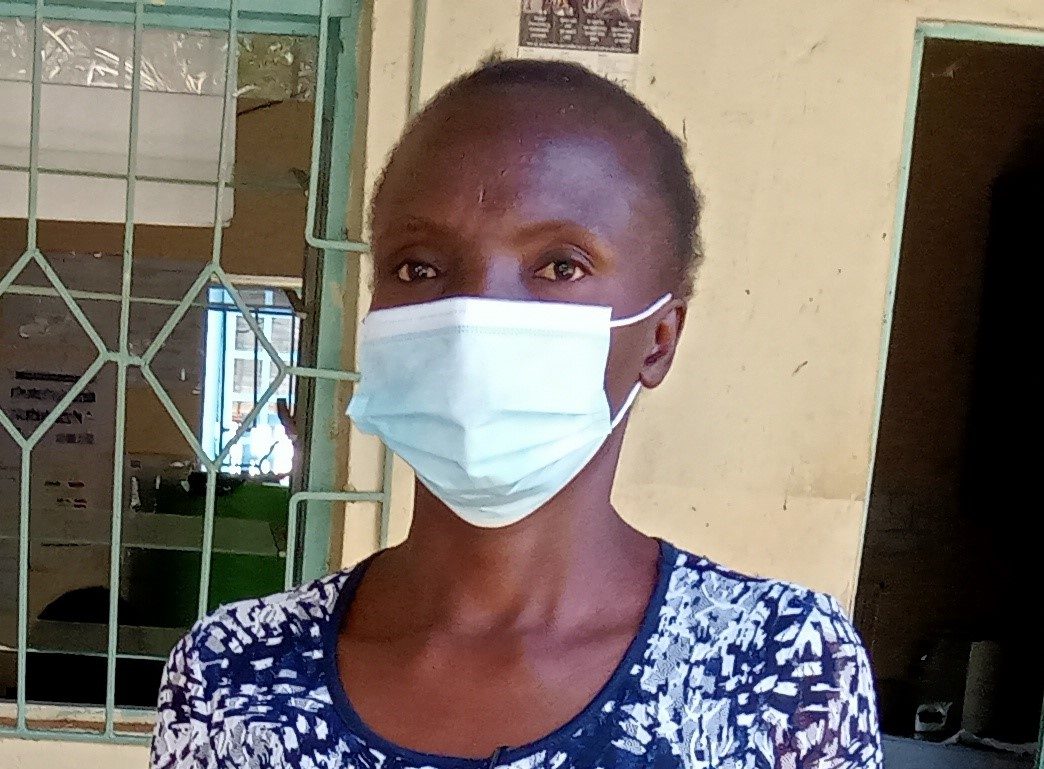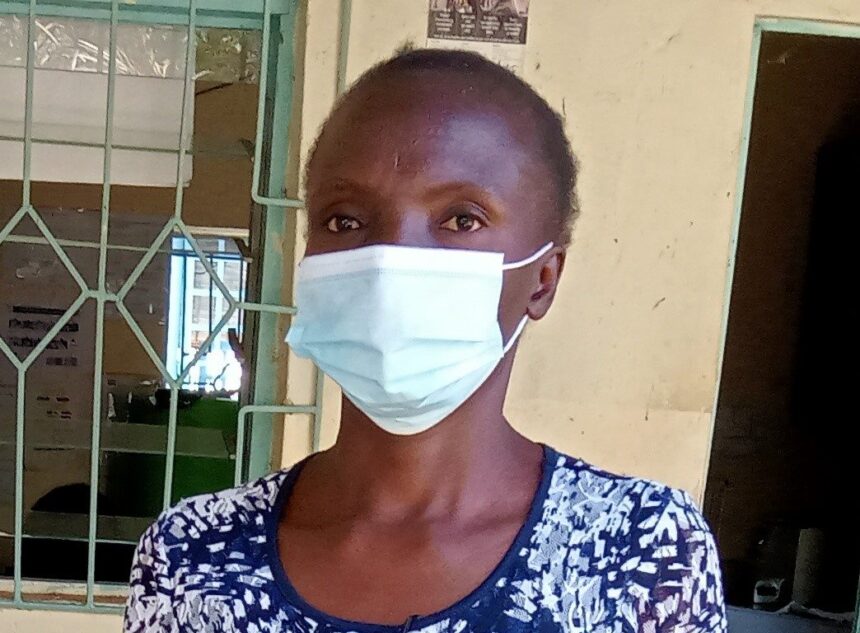
She sensitises communities on HIV.
By Joyce Chimbi | j.chimbi@gmail.com
Wangari Njau remembers well the 1980s and 90s when HIV spelled doom, stigma reigned supreme and those infected with the virus were ostracised from the community, abandoned and left alone to die.
Her sister, Catherine Wairimu, was diagnosed with HIV in 1994. Wairimu and a group of friends left their village at the foot of the Aberdare Ranges in Nyeri County and travelled to Mombasa in search of greener pastures.
“There were no mobile phones and she lost touch with the family. When she came back two years later, we could not recognise her. She had to introduce herself. She was very thin, very dark and could barely walk. We learnt that she had mukingo (the long-necked disease),” Njau recalls.
She says people infected with the virus lost a lot of weight and their necks became elongated. Faced with a mysterious disease that killed people within no time, communities struggled with terminologies and used descriptive words in line with physical symptoms of HIV/AIDS to define the disease.
“We were afraid of her. We had a room in the compound that we used as a store. That became her home until the day she died a few months later. We were extremely afraid of her. It is the first time we had come face to face with the disease,” says Njau.
While the landscape is today significantly different and stigma levels have significantly decreased, it is still not yet dawn for people living with HIV.
Data released by Kenya’s National Syndemic Diseases Control under the Ministry of Health to mark the Worlds AIDS Day on December 1, 2022, painted a most worrisome picture: AIDS-related deaths increased in 2021 for the first time in a decade.
The data shows a steady progression in reducing AIDS-related deaths from 2013 to 2020. In 2013, there was a 30.1 per cent reduction in AIDS-related deaths followed by a 5.4 per cent reduction in 2015.
There was a significant leap to 19.4 per cent and 25.6 per cent reduction in AIDS-related deaths in 2017 and 2019, respectively, followed by a 7.2 per cent drop in 2020. In 2021, there is a significant increase in AIDS-related deaths by14.9 per cent.
Overall, 8,291 men aged 30 and above died of AIDS-related illnesses compared to 6,923 women in the same age group.
Nelson Otwoma, National Coordinator at the Network of People Living with HIV in Kenya (NEPHAK), says, “Most of the AIDS-related deaths in 2021 occurred among men who, compared to women, are less likely to be diagnosed. They are also less likely to start and stay on treatment and reach an undetectable viral load. We call on communities to support men’s access to testing and retention care.”
Early diagnosis and immediate entry into HIV treatment and care is critical to ending the AIDS pandemic by 2030. UNAIDS has outlined ambitious new targets to prevent an estimated 28 million new HIV infections globally and 21 million AIDS-related deaths.
To do so, research by UNAIDS shows there is an urgent need to provide additional investment and focused efforts to remove barriers to HIV diagnosis, treatment and retention in HIV care.
Speaking during the commemoration of Worlds AIDS Day in Bungoma County, Health Cabinet Secretary Nakhumicha Wafula, said, “In more than three decades, our collective efforts have restored dignity and hope to people living with HIV and affected families. We also know that along this journey, we have lost more than 2 million Kenyans; men, women, and children to AIDS-related deaths.”
Wafula said investments in the HIV response had yielded impressive results, adding that people are more knowledgeable about the disease, with many of them adopting protective behaviour and practices. There is now increased use of scientific technologies and tools and empowered communities to access HIV services.
“The initial sense of powerlessness that acquiring HIV would undoubtedly lead to untimely death experienced 38 years ago has been replaced by a movement of strong actors, including the communities of people living with HIV, represented here today,” she said.
Working together, Wafula added, “our HIV response yielded a 58 per cent decline in annual AIDS-related deaths from 52,964 in 2010 to 22,373 in 2021. This encouraging performance reflects a five-fold increase in the number of people living with HIV on life-saving antiretroviral treatment, from about 250,000 in 2010 to 1.12 million in 2021.”
It is these gains that are now at the risk of being rolled back, with HIV experts, activists and families infected or affected by HIV/AIDS calling for urgent responses to bring the fight against the pandemic on track to reach the goal to end the epidemic in the next eight years.









